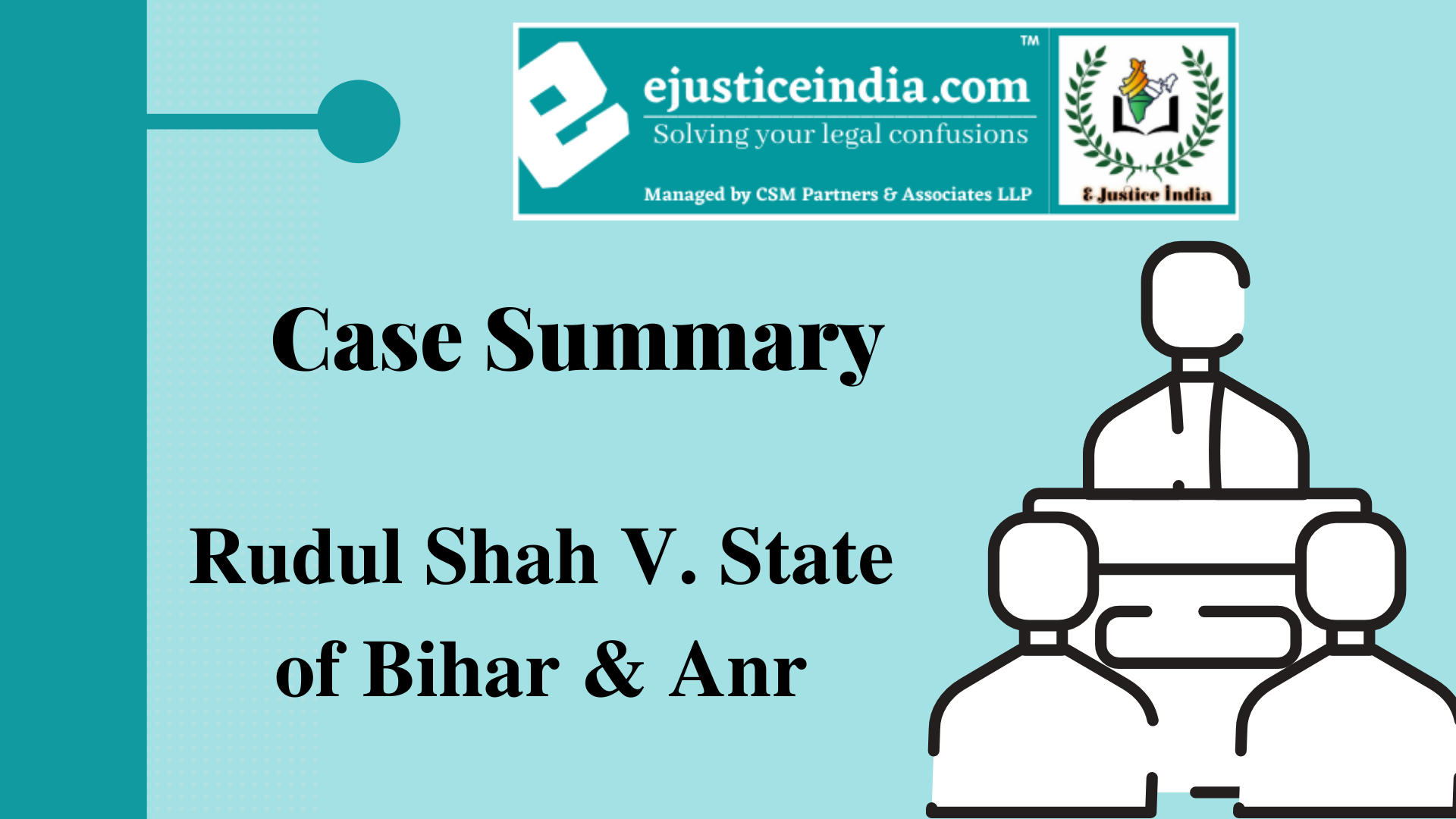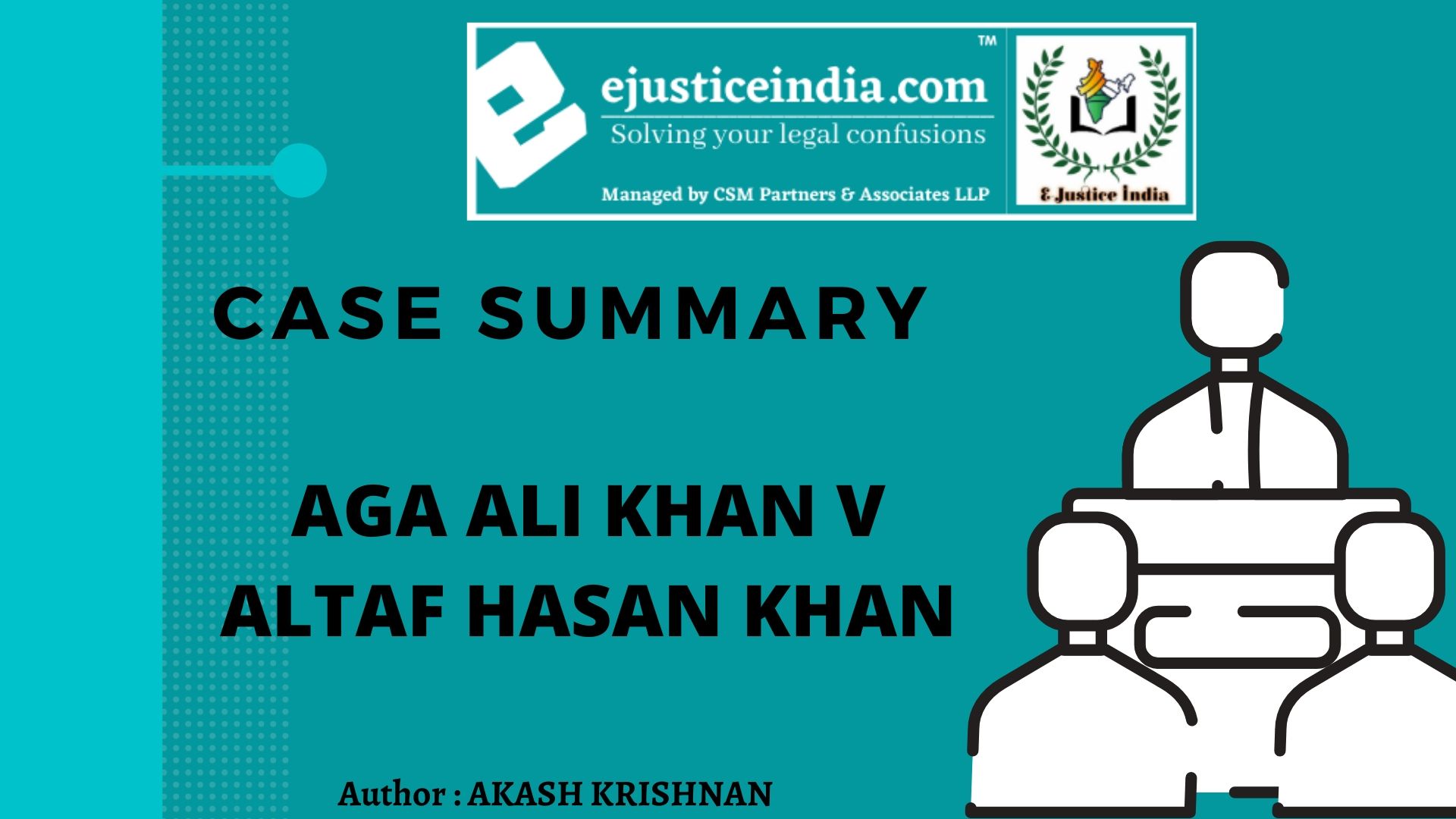CASE SUMMARY: PYARE LAL BHARGAVA v STATE OF RAJASTHAN (SECTION 379)
Author: Pranjali Pandya
EQUIVALENT CITATION
AIR 1963 SC 1094
BENCH
JUSTICE K. SUBBARAO
RELEVANT PROVISION INVOLVED
SECTION 378 AND SECTION 379 OF THE INDIAN PENAL CODE, 1860.
INTRODUCTION
Theft refers to taking away property of any individual without their consent; the same is a penal offence under Section 378 of the Code and punishment lies in the subsequent provision under Section 379 of the Code. The ingredient of theft can be analyzed from the definition provided in the provision itself, which includes –
- The property taken must be movable in nature
- The property taken must be in possession of an individual
- The same must be taken without consent and
- A moving in order to such taking
FACTS IN BRIEF
The Appellant in the case – Pyarelal Bhargava was working as a Chief Engineer at the Superintendent`s office. On the instance of his friend the second accused name Ram Kumar Ram, he sneaked out a file from the office of the superintendent. The file which was taken contained important documents which his friend required so that he could replace them unlawfully, amounting to forgery. The second accused had replaced the original document with the duplicate one. Later, the appellant had kept the file back to the office from where he had initially taken it from that is the office itself. With respect to the missing documents, Pyarelal was questioned by the Officiating Secretary during a departmental enquiry. On the threat of handing over the matter to the Police given the secretary, Pyarelal came out with the truth after refusing, to know anything about the documents, severally before him.
The case was heard by Sub – divisional Magistrate at Alwar, Sessions Judge and then the High Court of Rajasthan.
ISSUE RAISED
Whether the temporary disposition of the property (documents in the given case) from the possessor falls under the ambit of the definition of theft provided under Section 378 of the Code?
JUDGEMENT
The Apex Court had dismissed the appeal made by the accused and charged him under Section 378 of the Code and made him guilty of the offence. It was stated that:-
- The court did not agree with the contention of Pyarelal, as the file was kept in the Secretariat of which the accused was just a mere officer, hence there was a taking out of the keeping.
- One must not permanently derive another of its property to fall under the four walls of the provision.
- The loss need not be permanent in nature, and even the loss caused due to a temporary deprivation has to be regarded as a wrongful loss enough to charge one under the section of theft.




